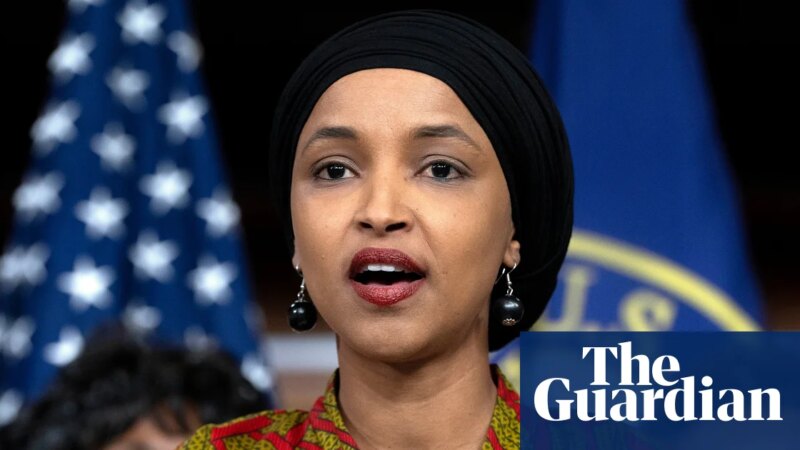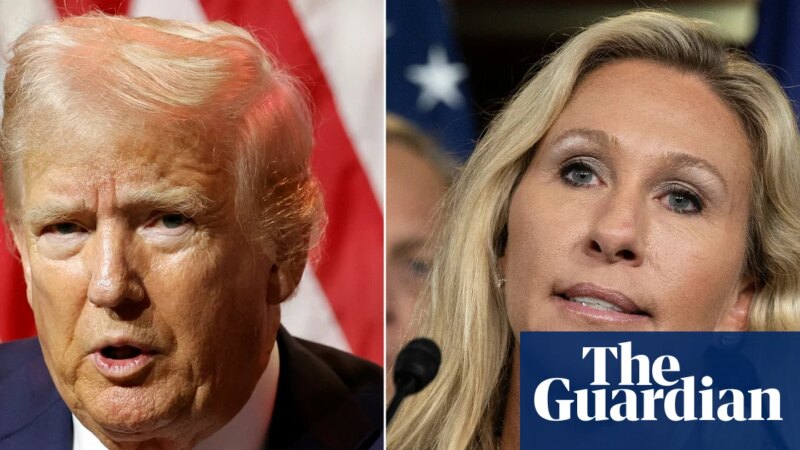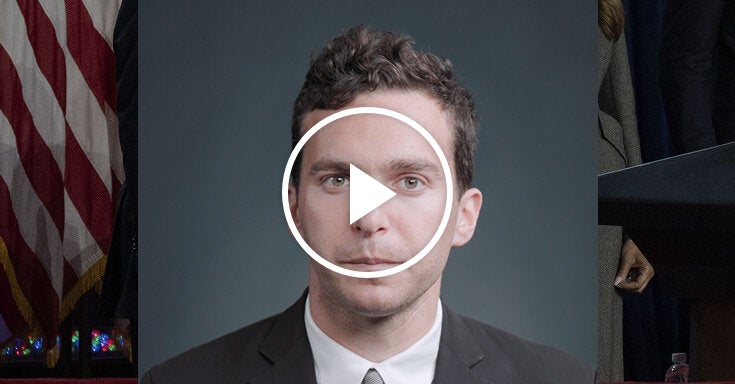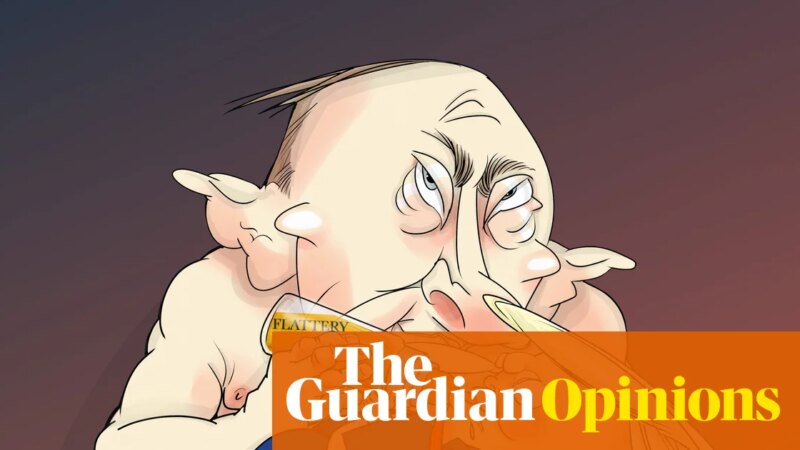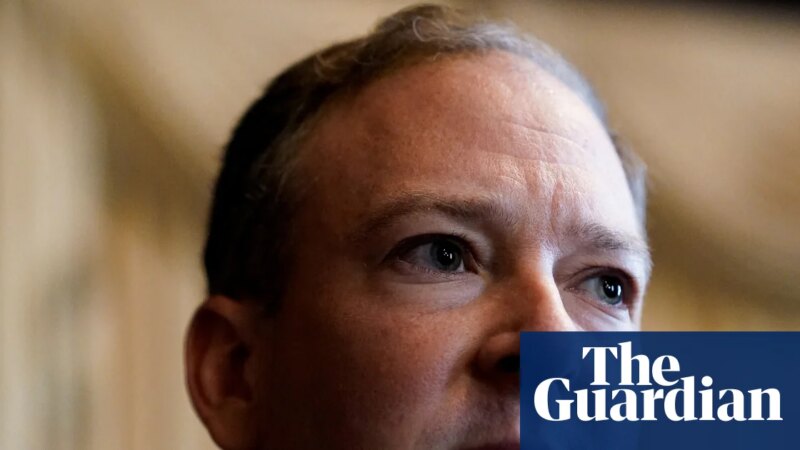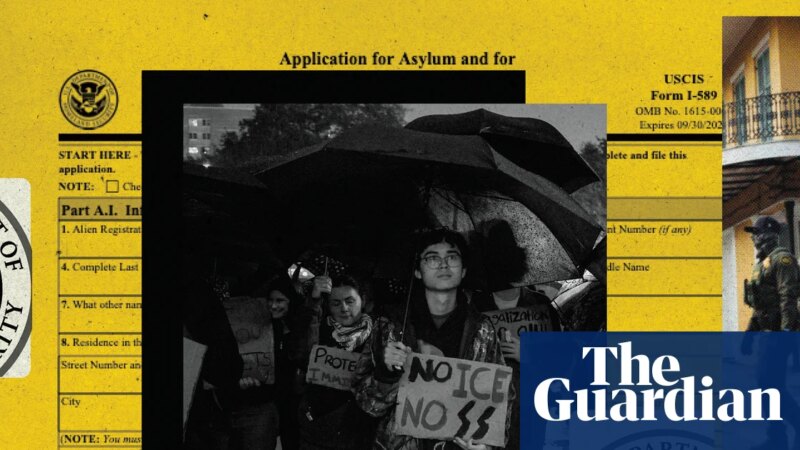Trump-Orbán meeting: US gives Hungary exemption from sanctions on Russian oil and gas | US foreign policy
The US has granted Hungary a one-year exemption from US sanctions on importing oil and gas from Russia, according to a White House official, after Viktor Orbán pressed his case for a reprieve during a meeting with Donald Trump in Washington.
Last month, Trump imposed Ukraine-related sanctions on Russian oil companies Lukoil and Rosneft that carried the threat of further sanctions on entities in countries buying oil from them.
The Hungarian prime minister met with Trump at the White House on Friday for their first bilateral meeting since the US president returned to power and explained why his country needed to use Russian oil at a time when Trump has been pressing Europe to stop doing so.
Orbán said the issue was vital for Hungary, which is a European country, and pledged to lay out “the consequences for the Hungarian people, and for the Hungarian economy, not to get oil and gas from Russia”.
Trump, aiming to put pressure on Moscow to end its war with Ukraine, appeared sympathetic to Orbán’s position.
“We’re looking at it, because it’s very different for him to get the oil and gas from other areas,” Trump said. “As you know, they don’t have … the advantage of having sea. It’s a great country, it’s a big country, but they don’t have sea. They don’t have the ports.
“But many European countries are buying oil and gas from Russia, and they have been for years,” Trump added. “And I said: ‘What’s that all about?’”
The White House official, who spoke to Reuters in the hours after the Trump-Orbán meeting, noted that in addition to the sanctions exemption, Hungary had committed to buying US liquefied natural gas with contracts valued at some $600m.
Orbán was reportedly set to offer Trump pledges to purchase US liquefied natural gas and nuclear fuel as an incentive to exempt Hungary from secondary sanctions, Bloomberg reported.
Conservative bonhomie was evident as Trump warmly greeted Orbán at the White House, where he called the Hungarian prime minister a “great leader” before ushering him in for a summit that was slated to include a bilateral lunch.
Trump also praised Orbán’s hardline stance on immigration and called on European leaders to show more respect to the Hungarian prime minister, who has clashed repeatedly with fellow EU leaders over issues of migration, democracy and rule of law.
“I think they should respect Hungary and respect this leader very, very strongly because he’s been right on immigration,” Trump said as he sat next to Orbán at the White House.
Orbán has said he wants to resurrect plans for a summit between Trump and Russia’s Vladimir Putin that he claims could bring an end to the war in Ukraine. His detractors in the EU believe that Orbán is too close to Putin and have called him the Kremlin’s “Trojan horse” in the bloc.
Orbán is seeking a visit by Trump to Budapest to bolster his chances as he faces stiff competition in an upcoming elections, sources in Hungary told the Guardian.
In opening remarks, Orbán praised Trump and slammed the previous Biden administration as “rigged”.
“The reason why we are here to open a new chapter between the bilateral relation between the United States and Hungary basically because during the Democrat administration everything was rigged,” he said, an allusion to unsubstantiated claims by Trump that the 2020 election was stolen from him.
“You’ve improved the bilateral relationship,” he said. “You repaired what was done badly by the previous administration, so now we are in quite a good position to open up a new chapter. Let’s say a golden age between the United States and Hungary.”
Trump, who has unleashed a sweeping crackdown on immigration at home, again falsely alleged there was a link between migrants and crime.
“Look what’s happened to Europe with the immigration. They have people flooding Europe,” Trump said.
Describing the issue in more starkly racial terms, Trump said: “You go to some of the countries, they’re unrecognizable now because of what they’ve done. And Hungary is very recognizable.”
Orbán defended his migration policies and lashed out at financial penalties imposed by the EU on Hungary for defying the bloc.
“This is the absurd world we are living in now in Europe,” Orbán said.
“We are the only government in Europe which considers itself as a Christian government. All the other governments in Europe are basically liberal leftist governments,” Orbán said.
